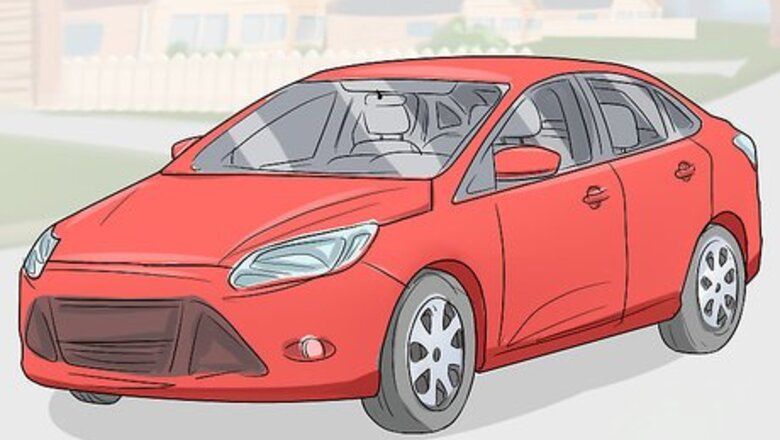
views
Car Size
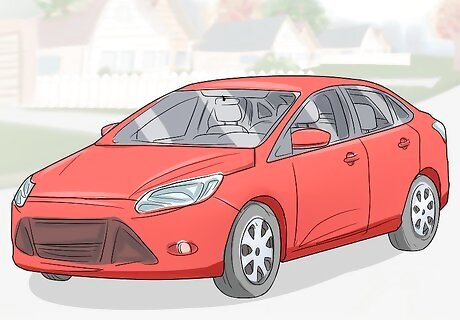
Buy a smaller car if you want to save money. Other than luxury sports cars, small cars generally cost less than larger models. They also consume less fuel, which will save you money over the long term. Opt for a smaller car if it suits your lifestyle and if your family can fit comfortably inside. Many small cars are surprisingly roomy inside. Visit a dealership to see them in person before dismissing them for being too cramped.
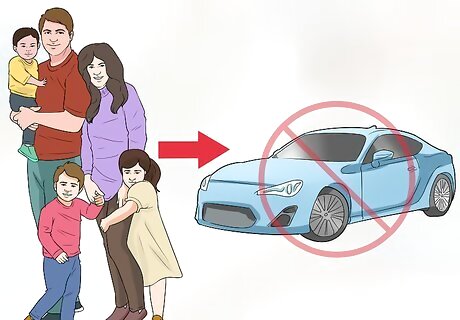
Avoid 2 door cars for a family of more than 2 people. If you have kids, intend to have kids in the near future, or drive around friends or family on a regular basis, opt for a 4 door car over a small 2 door car. The process of pushing up a front seat to let your backseat passengers in and out of the car will likely grow tedious over time. Sedans and hatchbacks with 2 doors are good choices with affordable options on the market.

Get a full-size minivan or SUV to suit a large family. If you regularly transport 4 or more people and need lots of trunk space, opt for a large vehicle to suit your needs. A minivan or SUV can carry up to 8 passengers when equipped with a second-row bench seat. Some large vans can accommodate up to 15 people.
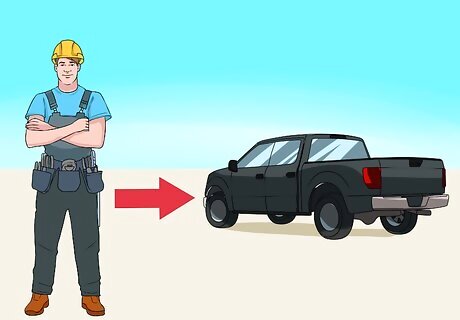
Opt for a pick up truck if you regularly transport large items. Pick up trucks are popular and powerful vehicles with a range of options and features. If you intend to pull a trailer or haul multi-ton loads, look for a full-sized, heavy-duty pick up truck. If your cargo transport needs mostly involve hauling dirty items that you wouldn't want in the interior of a vehicle, like construction debris and mulch, opt for a compact pick up truck.
Car Budget and Specs

Work out your car budget. As a general rule, your car payments should not exceed 15% of your monthly salary. This percentage gives you room to cover your other monthly expenses, such as rent or mortgage, food, bills, and car insurance payments. Use a phone app or Excel spreadsheet to calculate your regular expenditures over a month, including money spent for entertainment and leisure, to see if more of your budget can feasibly go towards your car.
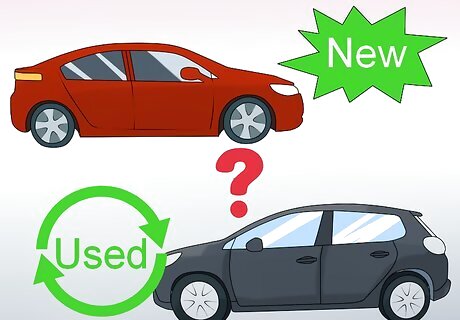
Decide between a new or used car. Your budget will be the most relevant consideration when deciding between a new and used car. Used cars generally offer a better value but they require careful checking by an expert to ensure that they are in good condition. Avoid buying a car that has had numerous owners, which is usually a bad sign.

Consider fuel efficiency. If you want a fuel-efficient car and you commute less than thirty miles daily, a hybrid car is a great option. If you travel long distances on a regular basis, opt for an economy sized four cylinder car. Having fewer cylinders means better fuel economy overall. Cars that run on diesel fuel may be a more fuel-efficient option for people who do a lot of highway driving as diesel is frequently cheaper than gasoline.
Research Tips
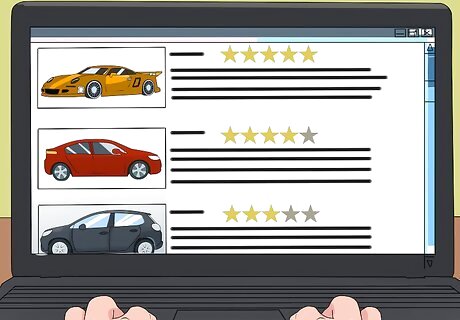
Make use of car review websites. Checking local car review websites will give you the lowdown on features, performance, strengths, and weaknesses of different models of car. Read reviews from buyers and car experts to get a broad perspective on how the cars measure up. Reviews coming directly from car owners are likely to be the most honest and upfront about the potential problems or perks of certain vehicles. Car review websites are also helpful for compare similar cars.

Research local car dealerships online. An important part of car shopping is having a quality experience with the dealership you choose to buy or lease from. Read online reviews of local car dealerships to see scores, stats, and buyer experiences. Opt for a long-running dealership as longevity is usually a sign of quality service and customer satisfaction. Reviews of dealerships in the U.S. can be obtained through the Better Business Bureau and Edmunds, a top online automotive resource.
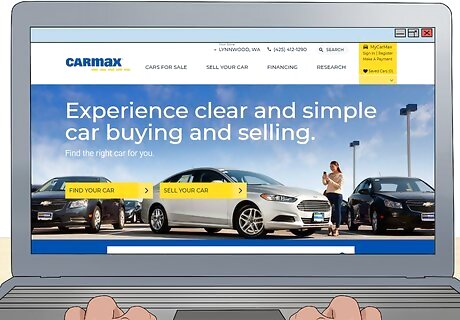
Look up cars that are within your budget. There are a variety of online resources available that will help you find a car that you can afford. Visit reliable car review websites to compare prices and get an idea of what car you should be shopping for. Such websites include: https://www.edmunds.com/ https://www.kbb.com/ https://www.truecar.com/
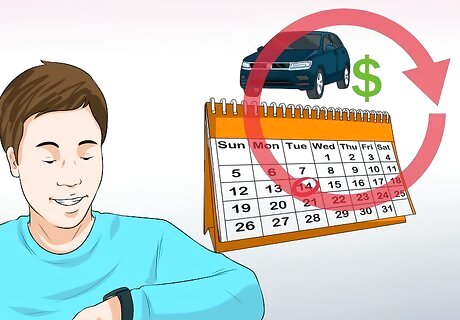
Do price comparison shopping. Look up the prices of similar cars from different manufacturers and dealerships. If you are looking for a specific type of vehicle, like a small hatchback, limit your focus to that category to keep your research manageable. If prices are not readily available online or in local publications, visit local dealerships. Used car dealerships will be able to offer you certain deals and lower prices, so visit them in person to research their prices. Even if you really like a car, be willing to walk away from it if it's not in your price range.
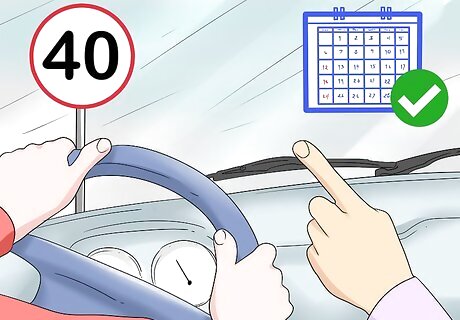
Schedule a test drive. The best way to find out if a car is right for you is to get behind the wheel. Visit a car dealership to arrange a test drive, either on the same day or at a later date. Aim to visit the dealership in the morning, early in the week, to ensure that you get the salesperson's full attention and avoid a long wait or crowd. Do not feel pressured to buy a car the same day as your test drive. Use the test drive as an opportunity to ask the salesperson extensive questions about the car.




















Comments
0 comment